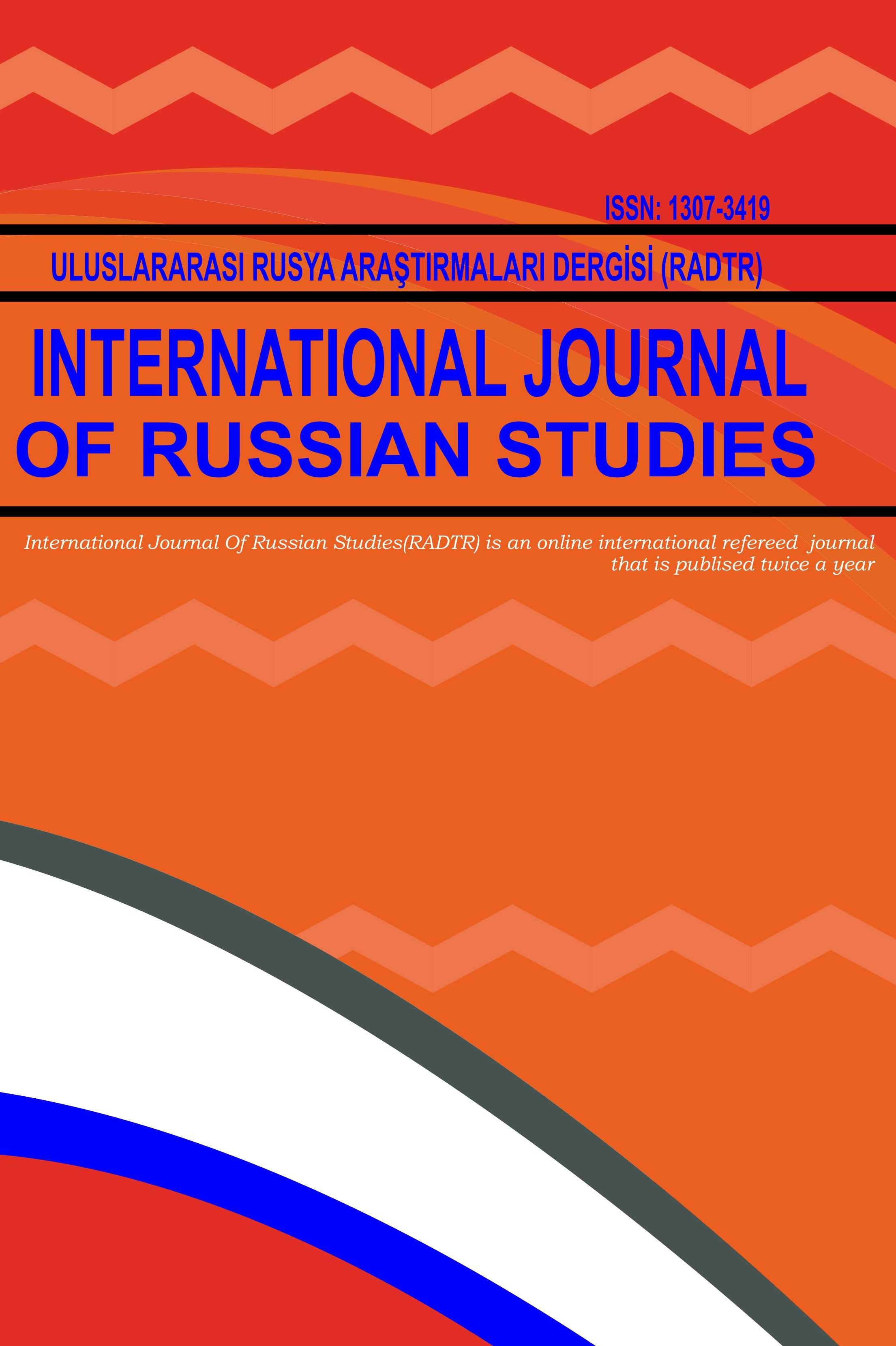РЕГИОНАЛЬНЫЕ АНСАМБЛИ ЕВРОПЫ
РЕГИОНАЛЬНЫЕ АНСАМБЛИ ЕВРОПЫ
In conditions of democracy, collective representations of the degree of affinity among various peoples and countries play a more and more important role in the processes of political integration and decomposition, even in Europe. In this article, the structure of Europe as a whole, consisting of so-called regional ensembles, i.e. informal groups of geographically, cultural and historically related states is considered. It is determined that such structures appear to be rational in a high degree and even symmetrical, showing clear attributes. In addition, the question of a similar system in the post-Soviet space and the character of its interaction with Europe in the context of the next decades is discussed. Finally, an analysis which leads to the formulation of a rather optimistic conclusion about the likelihood of the formation of a "Greater Europe” is made. However, the most likely scenario is within the framework of an umbrella association consisting of two relatively independent components: the European Community and the post-Soviet bloc.
Keywords:
Europe structure, regional ensemble, European Union, Europe a nation Europe of the nations,
___
- Бродель Ф. 1992. Материальная цивилизация, экономика и капитализм ХV – ХVIII вв. М. Т.3.
- [Егоров В.]. 11.05.2005. «Мы не хотим превратить область в Либерию». – Известия.
- [Оги А.]. 13.05.2000. Хорошие отношения с большим потенциалом: Президент
- Швейцарской Конфедерации Адольф Оги отвечает на вопросы «Известий». – Известия.
- Степанов А.И. 2004. Число и культура: Рациональное бессознательное в языке, литературе, науке, современной политике, философии, истории. – М. Степанов А.И. 2006. Два старых памятника и один новый праздник // Вестник
- Русской христианской гуманитарной академии. №7. С. 48–59. Стулов И. 14.02.2005. Калининград в зоне евро. – Известия. Франк А.Г. 1992. Экономические парадоксы в мировой политике. – Восток. №6.
- ISSN: 1307-3419
- Başlangıç: 2008
- Yayıncı: Mustafa YAŞAR
Sayıdaki Diğer Makaleler
О ФУНКЦИОНИРОВАНИИ СЛУЖЕБНЫХ СЛОВ В КОГНИТИВНОМ ПРОСТРАНСТВЕ ЯЗЫКОВОЙ ЛИЧНОСТИ
ЭЛЕМЕНТЫ МОДЕРНИЗМА В ДРАМАТУРГИИ А.П. ЧЕХОВА
ПРОБЛЕМЫ УТЕЧКИ МОЗГОВ ИЗ РОССИИ
СПЛЕТЕНИЕ ЭЛЕМЕНТОВ МЕСТ И ВРЕМЕН В СИМФОНИЧЕСКОЙ ПОЭМЕ НАЗЫМА ХИКМЕТА «СОЛОМЕННЫЙ ВОЛОС»
SOLJENİTSİN’İN ESERLERİYLE RUSYA’YA BAKIŞ AÇISI
ФОРМИРОВАНИЕ ОБЩЕГО ЭНЕРГЕТИЧЕСКОГО РЫНКА В РАМКАХ ЕВРАЗЭС И ШОС
